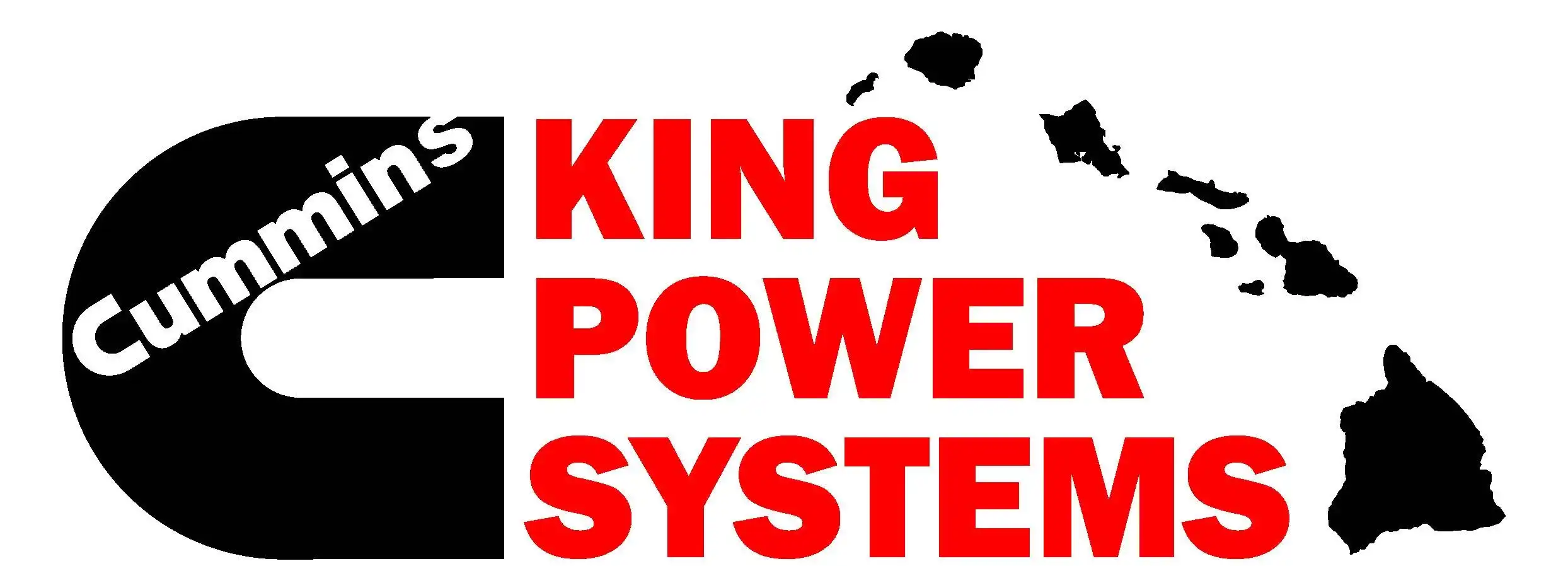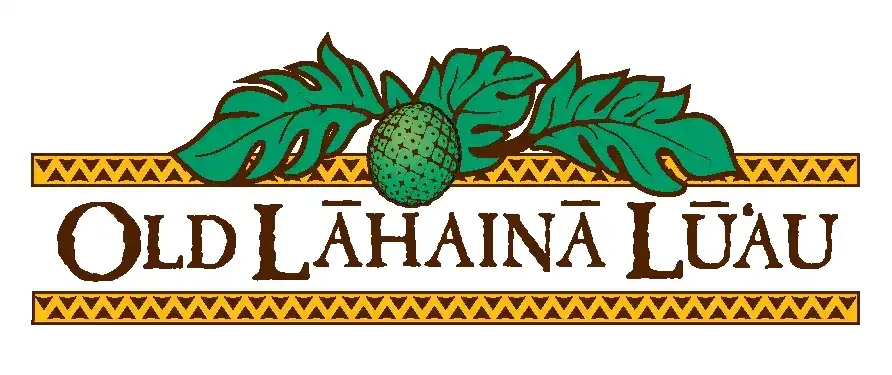Bovine Tuberculosis Detected on Moloka‘i

A cow in a herd on Molokaʻi has been infected with bovine tuberculosis, Mycobacterium bovis, (bTB), a contagious, infectious, communicable disease of animals that can infect humans, according to the Hawaiʻi Department of Agriculture.
Department officials say this is the first detection of the disease in a cattle herd in Hawaiʻi since an outbreak of bTB on Molokaʻi 25 years ago.
The infected cow originated from a beef cattle herd in Hoʻolehua in the central part of Molokaʻi and was temporarily pastured in Mapulehu on the east end of Molokaʻi due to the ongoing severe drought. Bovine tuberculosis has been present on Molokaʻi, particularly on the east end of the island, with sporadic outbreaks in cattle herds since the 1940s.
The recently infected cow was one of 30 in the herd that were tested by a veterinary medical officer from HDOA’s Animal Industry Division on June 22, 2021. The herd is currently isolated and under HDOA quarantine in Hoʻolehua. HDOA is working with US Department of Agriculture to develop a clean-up plan that will include the depopulation of the infected herd with indemnity being paid to its owner.
Although the balance of the herd tested negative, due to the insidious nature of bTB a decision has been made to depopulate the entire herd to ensure infected animals do not remain in the Molokaʻi cattle population. Exposed, adjacent and area herds will be subject to testing to ensure the infection has not spread.
“While the detection of bovine tuberculosis has only been confirmed in one animal to date, it is the foremost priority for the department to isolate and control this disease before it can spread to other cattle herds on the island,” said Phyllis Shimabukuro-Geiser, chairperson of the Hawaiʻi Board of Agriculture. “Of all people, Molokaʻi ranchers understand the importance of containing this disease and we appreciate their continued cooperation and assistance.”
In 1985, HDOA made the decision to depopulate all cattle on Molokaʻi in an effort to eradicate bTB and more than 9,000 cattle were removed from Molokaʻi. Following the depopulation, Hawaiʻi received “bovine tuberculosis free” status from USDA in 1993, which allowed the interstate movement with no restrictions for bTB.
In 1997, that status was suspended when a 10-year-old cow was infected with bTB on Molokaʻi. It was suspected that the cow was infected by feral pigs carrying the disease. The entire herd was depopulated and Hawaiʻi regained the bovine tuberculosis free status in 1998.
Since the last outbreak 25 years ago, HDOA’s Animal Industry Division and the USDA – Animal, Plant Health Inspection Service, Veterinary Services (USDA-APHIS-VS) have been monitoring cattle herds and wildlife on the east end of Molokaʻi, which involves testing cattle herds annually and conducting surveillance and laboratory testing on wildlife turned in by hunters. Bovine TB was found to persist in the feral pigs on the east end of the Molokaʻi and there has been ongoing concern about the possible transmission of the disease back into managed cattle herds. Historically, bTB was also detected in axis deer and mongoose on Molokaʻi, but not within the past 25 years.
Bovine tuberculosis is caused by the bacterium, Mycobacterium bovis (M. bovis), and cattle are the primary host. Other species of animals, including humans, may also become infected. Although M. bovis can also infect humans the transmission to humans occurs mainly in countries with high infection rates of M. bovis and poor disease-control programs.
In 1917, the US began a bTB eradication program in cattle, which has reportedly been highly successful. However, occasional outbreaks continue to occur in the US, and certain areas in Michigan and Molokaʻi, which have endemic infections in wildlife with sporadic outbreaks in cattle herds. Infected wildlife are known carriers of bTB which can be transmitted to cattle that associate with the wildlife. Research has been ongoing to develop vaccines and other preventive measures that might be used in wildlife to eradicate bTB in these endemic areas.










